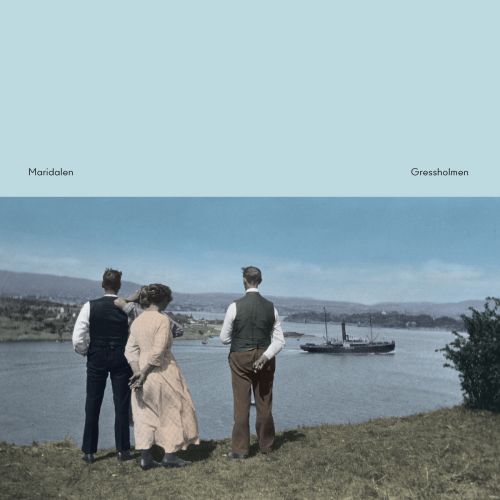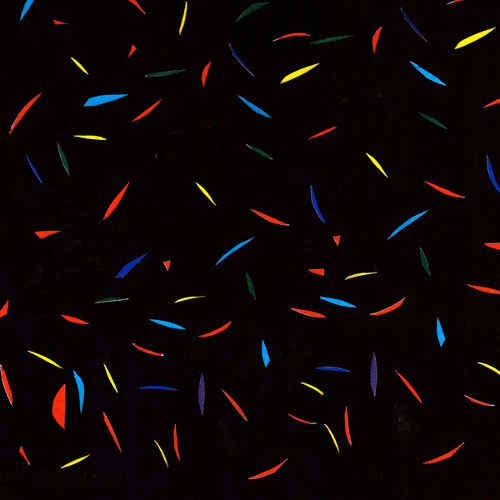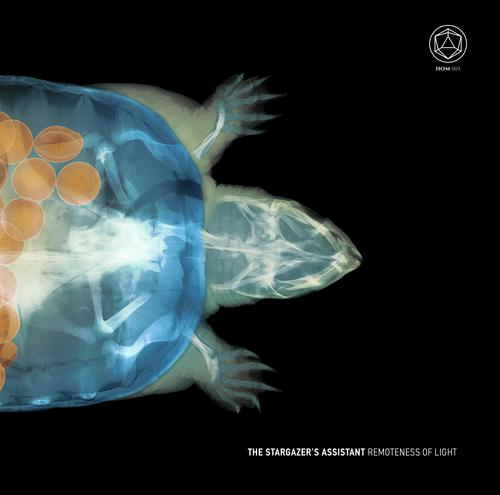 The list of groups of which reedist Martin Küchen is part is almost as long as my arm. A serial collaborator, his choice of fellow travellers is hugely varied and the number contained within the groups can be anything over two, the Angles projects and Fire! Orchestra perhaps being the most prolific.
The list of groups of which reedist Martin Küchen is part is almost as long as my arm. A serial collaborator, his choice of fellow travellers is hugely varied and the number contained within the groups can be anything over two, the Angles projects and Fire! Orchestra perhaps being the most prolific.
Here though, he has chosen a rare moment of solitude, and using alto and tenor saxes and an electronic tanpura in association with an evocative cover photograph, weaves a series of six dusty and slowly evolving soundscapes that reflect a North African idyll, but stretched into a mind-expanding, pan-continental Utopia.
The tanpura slowly revolves throughout the album, laying down a warm, dusty bed over which Martin’s saxes nestle in the grittily textured air. The sax’s throaty, bone-dry whispering wheedles in the ear, the breath hesitant and full of secrets. A background disturbance of found sounds fills the spaces and prevents too much comfort.At times, the sax seems almost confused and then replicates the coarseness of a forgotten vocal broadcast, as if two longwave radio stations were merging inside an abandoned market, fine sand settling on discarded wares. The pace is slow but always watchful, the reeds crackling with the sensitive proximity and that causes a closeness as all the time, the tone of the drone revolves in your ear, edging closer, drawing the listener into mysterious corners, a subtle insinuation boring deeper into your consciousness.
There is a solitude implicit in the minor tones as they drift, searching for something; but it is a desire to share, for you to be part of the evolution that is the album’s hidden strength. The sibilance of the reeds has a very human quality, and the soft reassurance is enough for the listener to let down defences and enter this abandoned souk, inhaling the odours and revelling in the sense of abandonment. Over the course of these six pieces, a narrative unfolds, the general meaning leavened by additional unexpected elements; a smoky sultriness enters around track four and changes the mood, the sax matching an Arabic radio transmission still redolent of dusty, golden windowsills. The bright reflected sunshine burnishes the latticework, its yearning waver like a lovelorn muezzin while all the while the slowly revolving, inexorably unfurling tanpura draws like the hypnotist’s pinwheel.Towards the end, the tone of the tanpura changes again and extra textures are added, white noise flooding the ear, a disturbance that unfocuses the mind like running water as the blurred memory of a static-laden choir clusters around the speakers like ghosts.
These pieces are a delight for the imagination because they so easily transport you. It is hard to say where as it is blurry and indistinct; but there are snapshots, hints that make the desire for the journey overwhelming. Each listen brings more detail and slows the heartbeat a little more.-Mr Olivetti-



